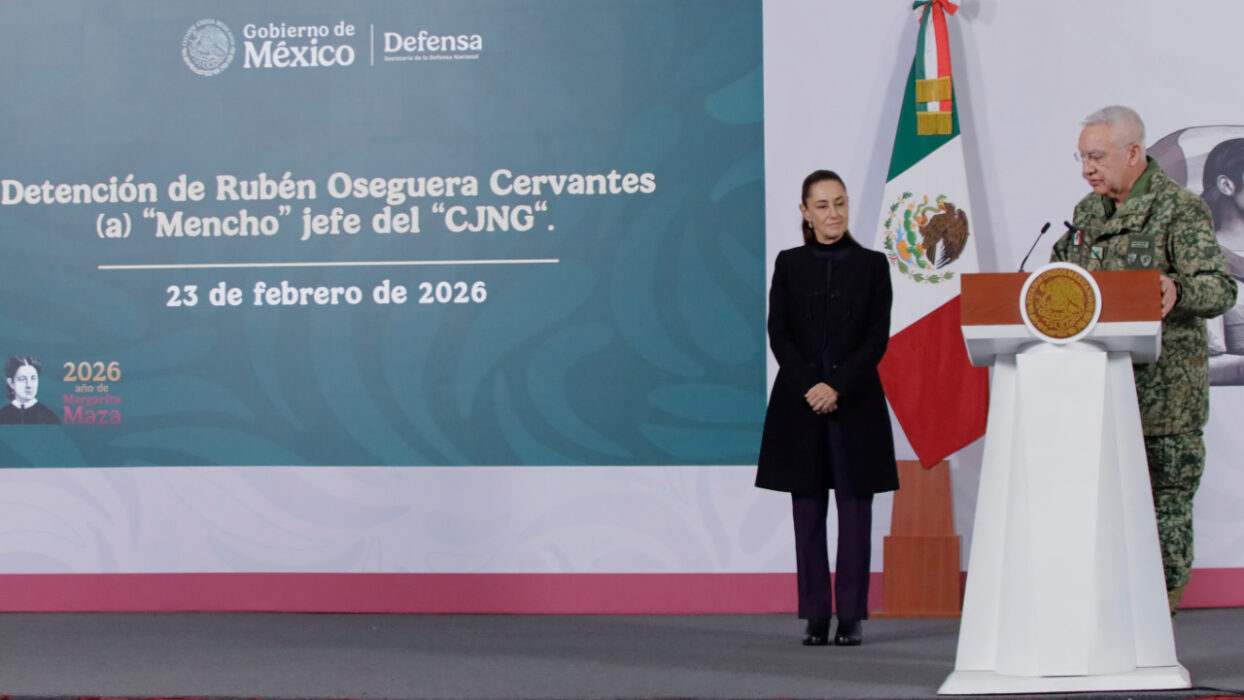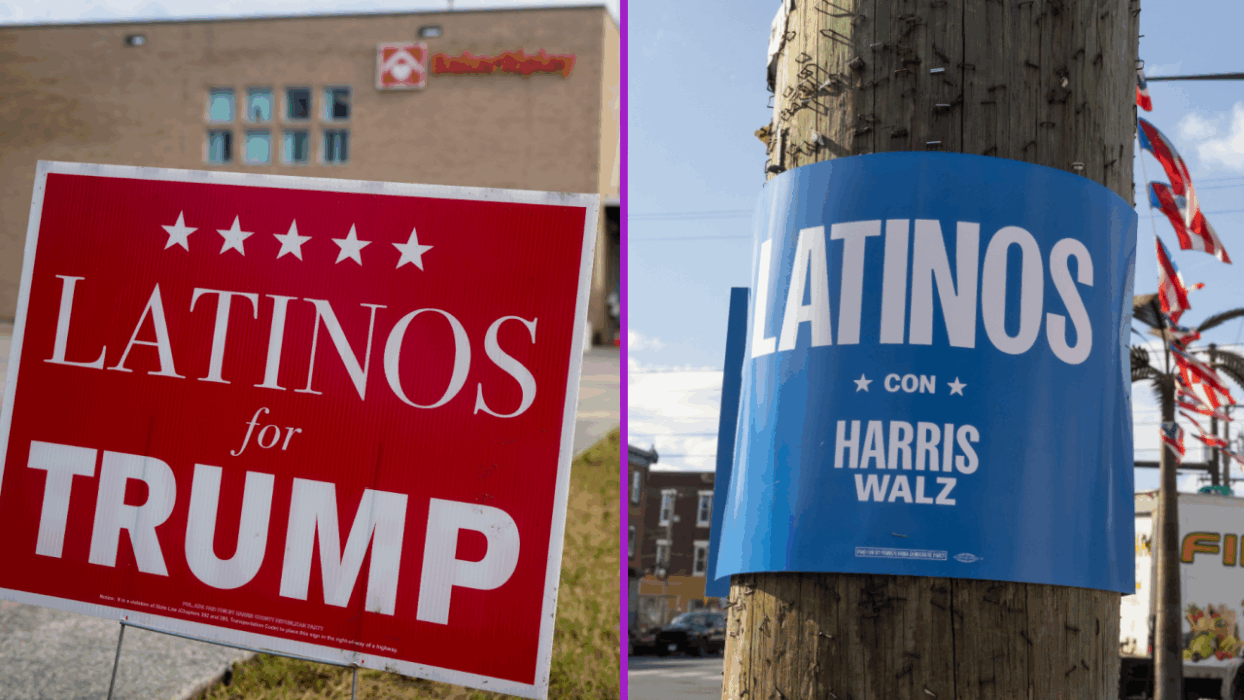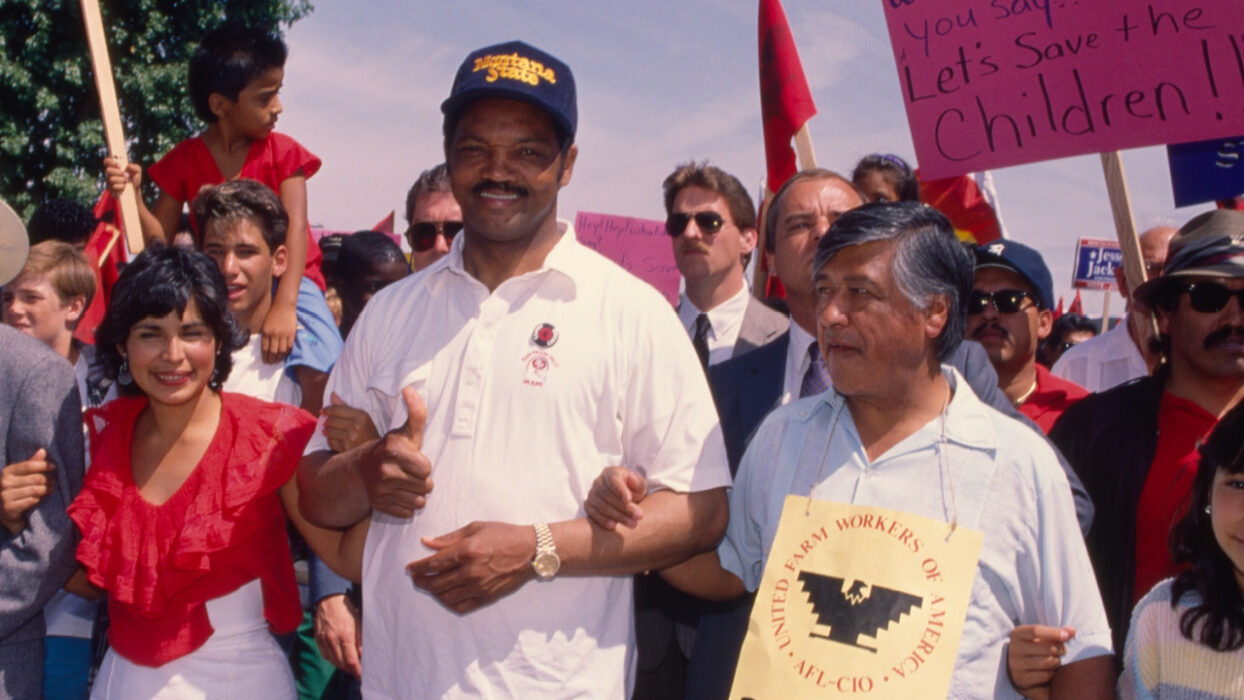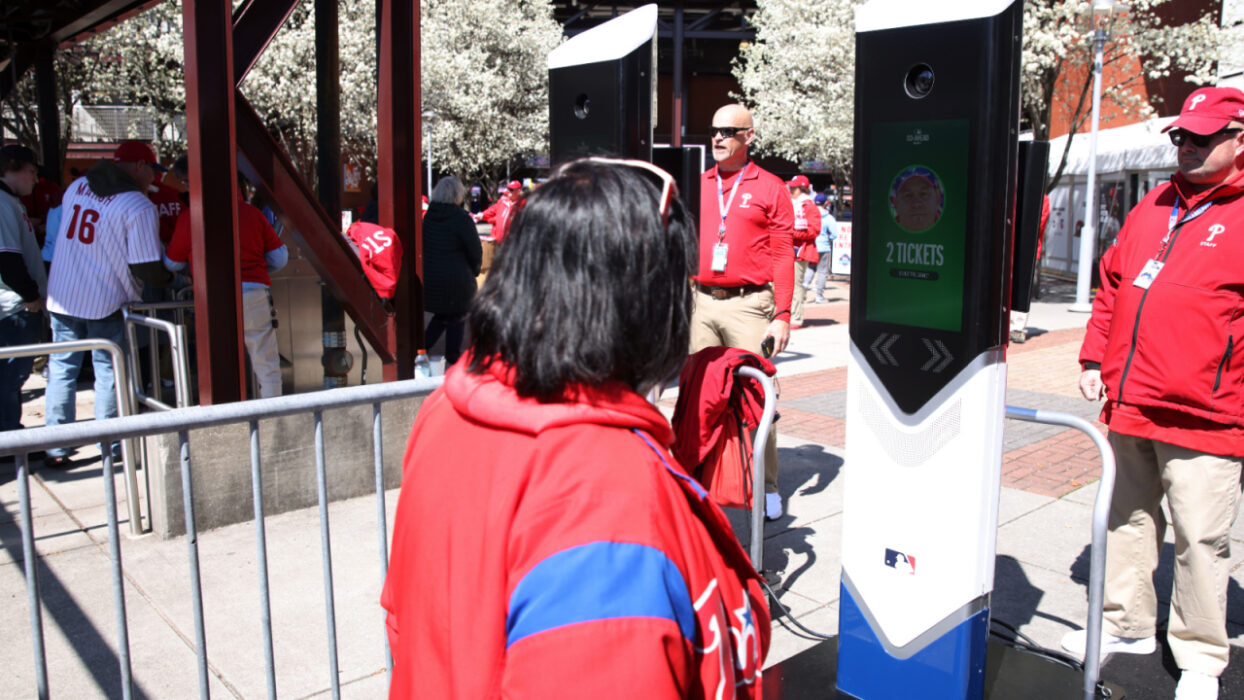
Qatar World Cup Already Marked by Controversy as Ecuador Faces Fines
Much like 2018, this year’s World Cup has been mired in controversy, mostly because of the country hosting it. With the spotlight on Qatar, fans and players alike have been pointing out the country’s numerous human rights abuses. Many of them are directly tied to this year’s event, as well as the country’s record of LGBTQ+ discrimination.
It’s hard to say just how bad working conditions are without transparency from the Qatari government. However, it’s estimated that 6,500 migrant workers have died since Qatar was chosen to host the World Cup in 2012. With a population of just under 3 million, that number is significant.
Qatar’s economy only functions because of migrant workers
Only 13% of the country’s population is actually Qatari, which equates to roughly 380,000 people. Qatari citizens are, generally, extremely wealthy. The other 87% of Qatar’s residents are, for the most part, migrant workers. A significant number of these workers travel from South Asian countries like Sri Lanka, India, and Pakistan.
Migrant workers work an inordinate number of hours in the sweltering heat. They pay “recruitment fees” putting them in debt spirals that, in the event of their death, burden their survivors.
A Rolling Stone report on one example spotlights a Nepalese widow who inherited a $10,000 debt. The principal also had an annual interest rate of 36%. Her husband collapsed on a work site and died from a heart attack following more than a decade of hard labor. Manju Devi had to literally get on her hands and needs and beg the loaners to forgive the debt.
The Qatari government makes a small fuss whenever workers die on their watch. For the most part, though, any gestures towards workers’ rights, predatory lending practices, or what amounts to legal slavery are performative at best.
A profile by the San Francisco Gate equates migrant labor in Qatar to slavery. Qatar employs private contracting firms that give workers little to no rights or recourse to call out labor abuses.
So what has FIFA said about this
Soccer fans are pointing to a chilling 2013 quote from FIFA secretary general Jerome Valcke. In the months leading up to the 2014 Brazil World Cup, he said:
“I will say something which is crazy, but less democracy is sometimes better for organizing a World Cup,” he said at a press conference. “When you have a very strong head of state who can decide, as maybe Putin can do in 2018…that is easier for us organizers than a country such as Germany….where you have to negotiate at different levels.”
Fans remember the controversy surrounding Russia in 2018. The country was still under heavy international scrutiny for reportedly meddling in the 2016 US election. In fact, one of the most popular World Cup memes from that year showed Putin hiding under an umbrella. Other world leaders, including French president Emmanuel Macron, braved the poor weather to show their appreciation for the two teams who had made it to the final round.
Qatar’s treatment of the LGBTQ+ community is similarly disastrous
The German team did not think twice about criticizing Qatar’s history of LGBTQ+ human rights abuses, killings, and imprisonments. A popular post on Reddit shows the German team covering their mouths in reference to Qatar’s penchant for quietly sweeping this discrimination under the rug and the abuses towards migrant workers.
Apparently, Germany was not too happy about the team’s statement, according to NBC News. The team, however, insists its protests are apolitical and that human rights abuses are inexcusable regardless of who commits them. “Denying us the armband is the same as denying us a voice,” they wrote in a tweet, referencing the rainbow armbands they wore as an act of protest. “We stand by our position.”
International fans from the queer community worried about how they might be treated in the host country. A May 2022 report from Sky News reveals that, upon investigation, multiple Qatari hotels refused to rent rooms to same-sex couples.
By September, FIFA was having to actively assure fans that Qatar would be temporarily lifting its anti-queer legislation to allow people from all walks of life to attend the World Cup. Same-sex couples would be free to hold hands and wave Pride flags in public.
So here’s what happened in Ecuador
With this year’s World Cup entrenched in utter chaos, you might have missed something important. FIFA fined Ecuador on behalf of the country’s fans. The controversy goes back a few weeks, when a Swiss court ruled in Ecuador’s favor following a battle with Chile and Peru. All three countries were fighting for a spot in this year’s Cup.
Although the court ruled in Ecuador’s favor, FIFA docked them three points for forging documents that would allow a Colombia-born player to compete with the team. However, FIFA once again made an example out of Ecuador by fining them. FIFA blamed fans who were chanting anti-Chilean sentiments during the opening game.
Fans from Ecuador were also in the spotlight when they began chanting “We want beer!” after Qatar announced a formal ban on any alcoholic beverages during the competition. Instead, fans are only able to purchase non-alcoholic beers at the stadiums.
Unfortunately, this year’s World Cup is more about the controversy surrounding the country and organization hosting it. And it doesn’t seem like things are going to turn around any time soon. Many are already labeling this year’s tournament as one of the worst in World Cup history.




